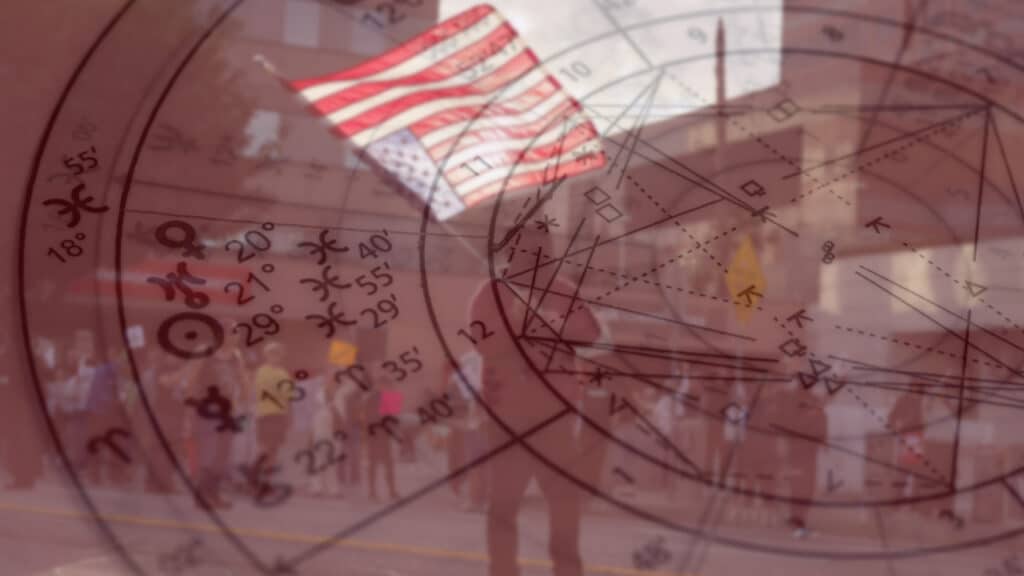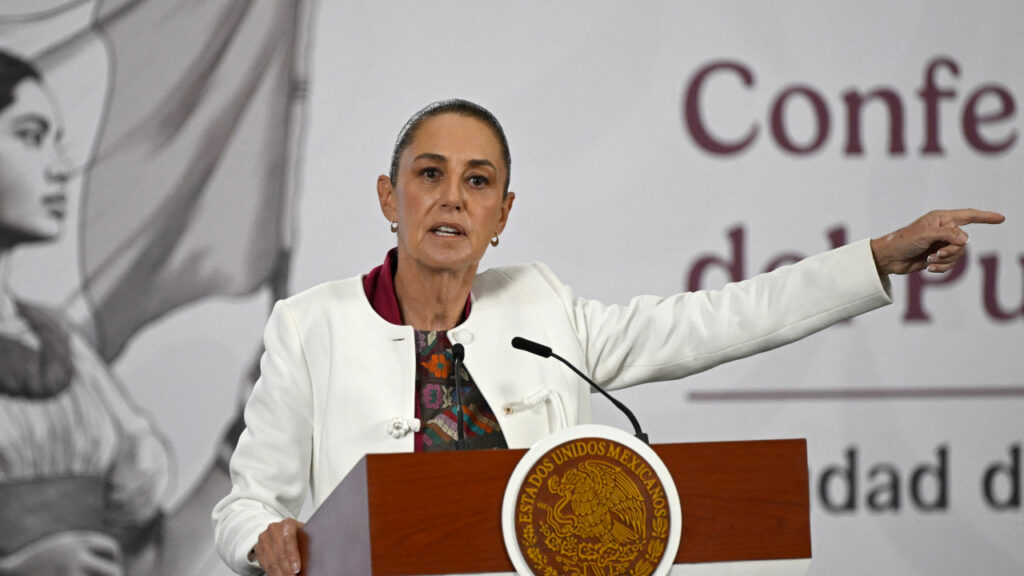
The SAVE Act Could Block Millions of Women From Voting—Here’s Why That’s Not an Accident
The House just passed the Safeguard American Voter Eligibility (SAVE) Act, and voting rights groups are warning that it could prevent millions of eligible Americans from casting a ballot.
The bill, which passed 220 to 208 on April 10, is pitched as a measure to stop non-citizens from voting. But critics say it targets a problem that doesn’t exist while creating massive new burdens for citizens, especially married women and women of color.
The SAVE Act Requires Paperwork Most Married Women Don’t Have Handy
Under the SAVE Act, anyone registering to vote or updating their registration would need to show proof of citizenship in person. That means a valid U.S. passport, a birth certificate, or another document listed in the bill. However, according to Forbes, about 69 million married women in the U.S. don’t have a birth certificate that matches their current legal name.
That’s because a lot of women—especially in more conservative households—still take their spouse’s last name when they marry. But the SAVE Act doesn’t list a marriage certificate as an acceptable supplemental document. According to the National Women’s Law Center, this mismatch could block them from voting entirely.
Harvard Law grad and family attorney Aaron Thomas told Forbes that passing the SAVE Act would create a “chilling effect” on eligible voters, saying: “They’re going to be discouraged from voting for reasons that are no fault of their own.”
Voting Advocates Say Married Women and Trans People Will Be Disproportionately Affected
According to the Brennan Center and Democracy Docket, 21.3 million Americans lack readily available proof of citizenship. Of those, 3.8 million lack any form of proof. For many married women, a name change complicates their already limited options.
Trans voters are also likely to be impacted. The National Women’s Law Center explained that many trans people update their documents to reflect their gender identity and legal name. But those documents may not align with their birth certificates. Reverting to outdated IDs just to vote is humiliating and sometimes impossible under current laws.
“This bill could disenfranchise 21.3 million eligible voters,” the NWLC stated, “all in order to fix a problem that doesn’t exist.”
The SAVE Act Also Poses a Barrier to Voters of Color
For communities of color, this bill threatens to undo years of progress around access to the ballot box. According to Democracy Docket, millions of Black, Latina, and Native women are more likely to live in poverty and lack the resources to gather or purchase new identification documents.
Civil rights advocate Genesis Robinson told Newsweek the SAVE Act amounts to a modern-day poll tax. “It’s a financial barrier standing in the way of folks being able to cast their ballot,” she said.
Republican Lawmakers Blocked Amendments That Could’ve Protected Married Women
During the House debate, Rep. Maxine Dexter (D-Oregon) introduced amendments to safeguard married women, rural voters, trans people, and others. All were blocked.
Dexter said, “If this amendment fails, we are putting 70 million American women at risk of disenfranchisement. I cannot believe, in the year 2025, I have to stand here to defend a woman’s right to vote. But I will.”
Meanwhile, Republican Rep. Chip Roy—the bill’s sponsor—dismissed the criticism. In a previous statement to Newsweek, Roy called concerns about disenfranchisement “absurd armchair speculation” and said critics “want and need illegals to vote.”
The SAVE Act Could Still Face Roadblocks in the Senate
The SAVE Act now heads to the Senate, where it would need 60 votes to overcome a Democratic filibuster. That means at least seven Democrats or Independents would need to vote yes—something that seems unlikely.
Still, civil rights groups are raising the alarm, especially since President Trump has already issued a similar executive order.
As Alison Gill from the National Women’s Law Center Action Fund told Forbes, “Voting rights are really the core to our democracy. People’s ability to vote is how they hold power accountable.”




